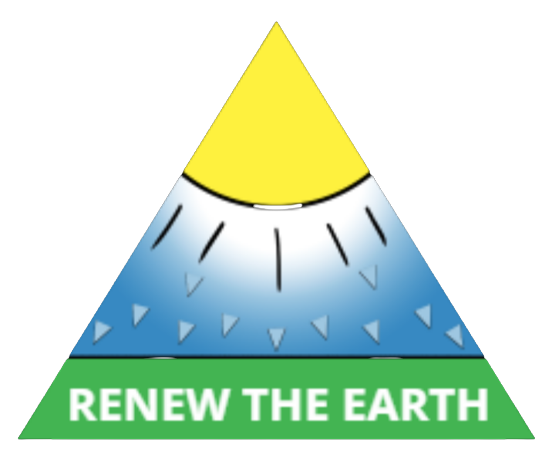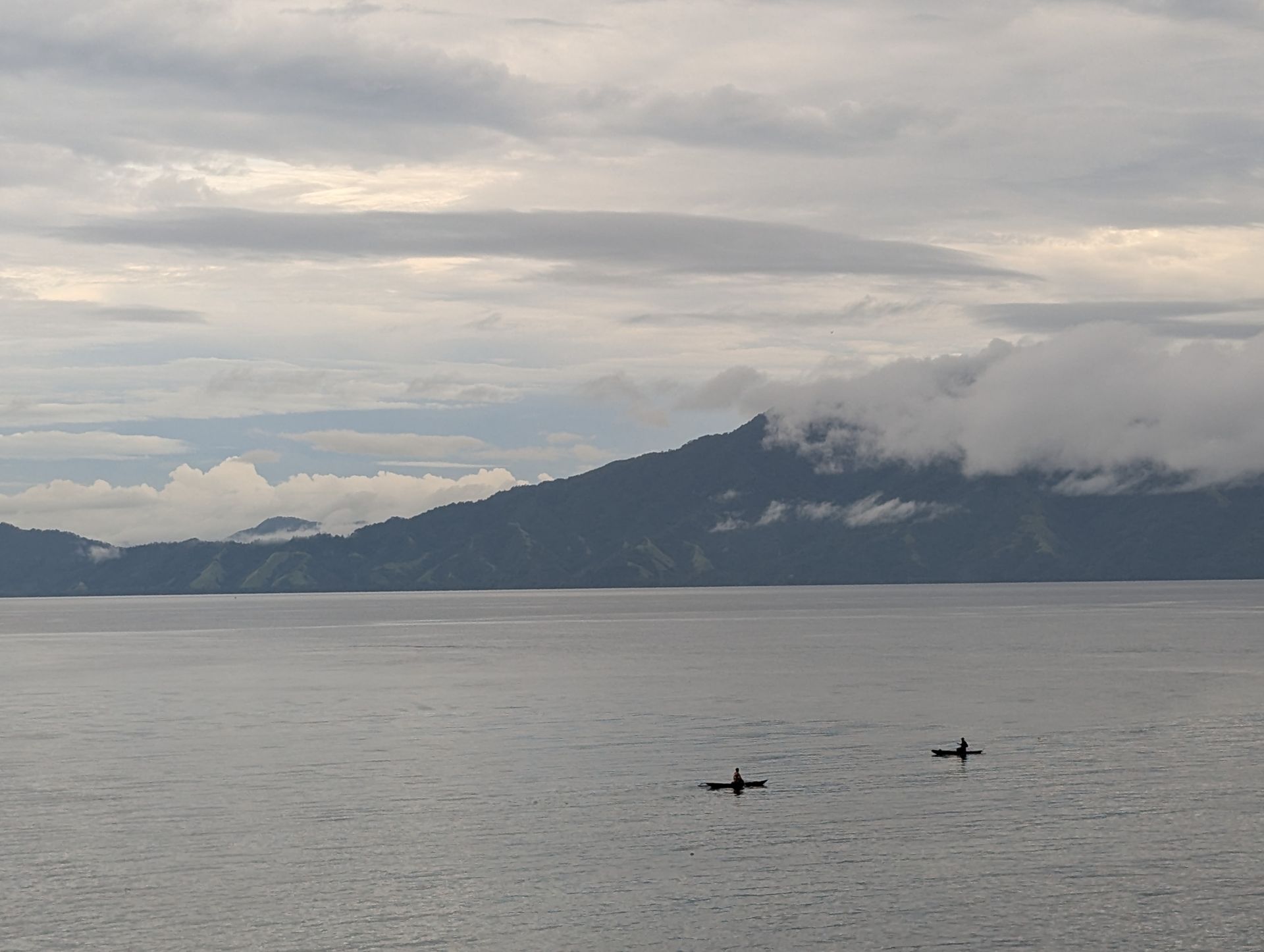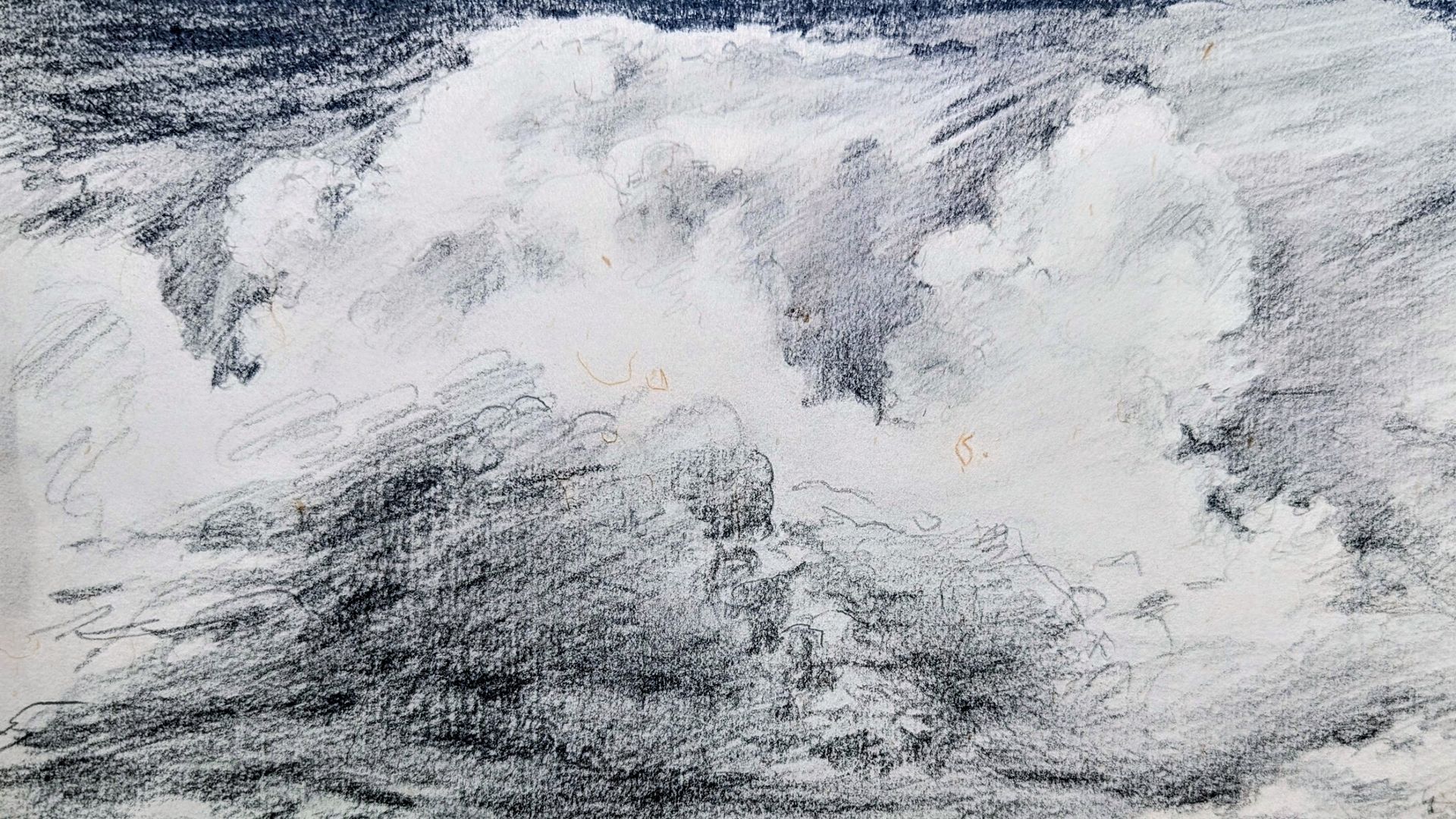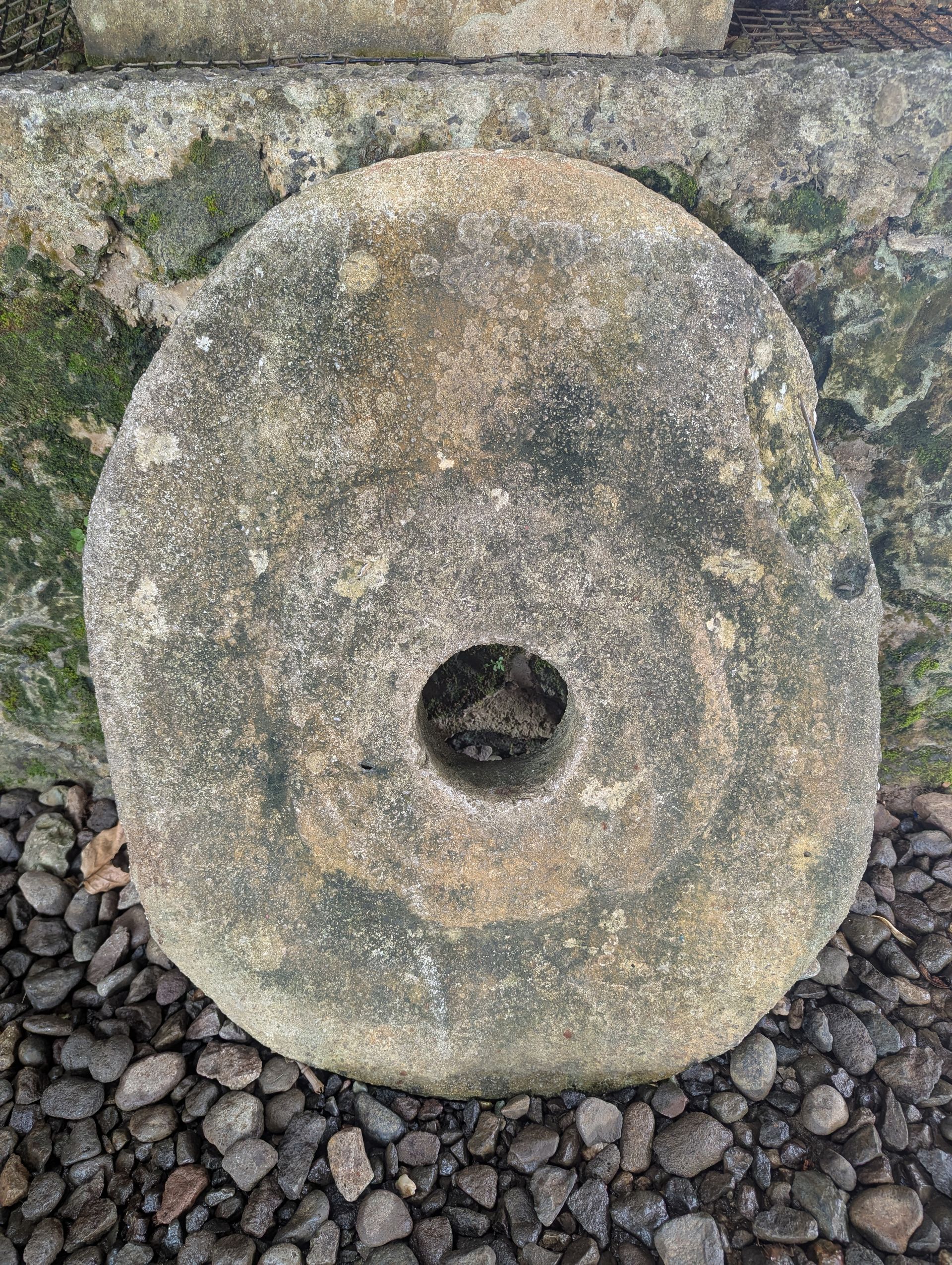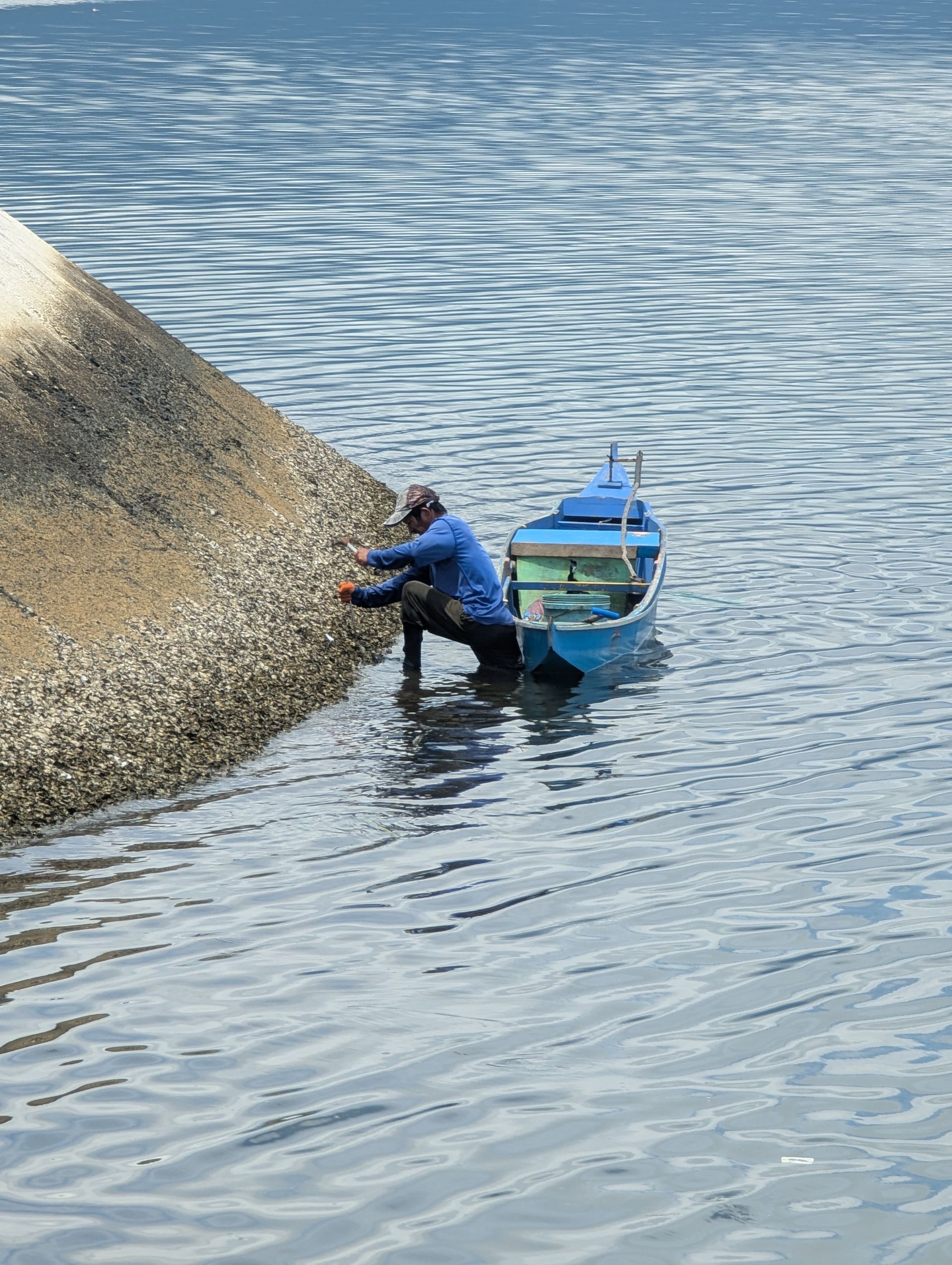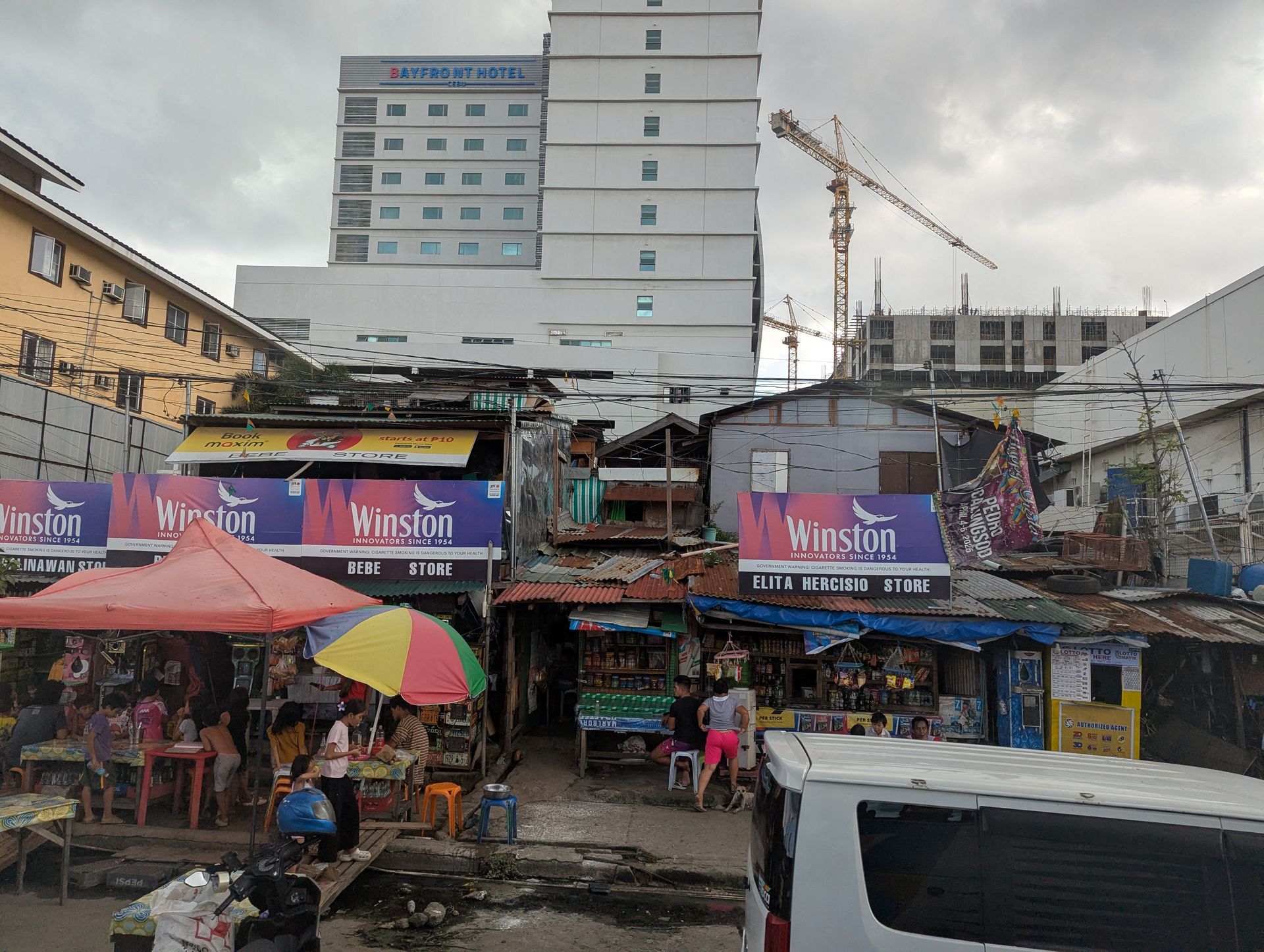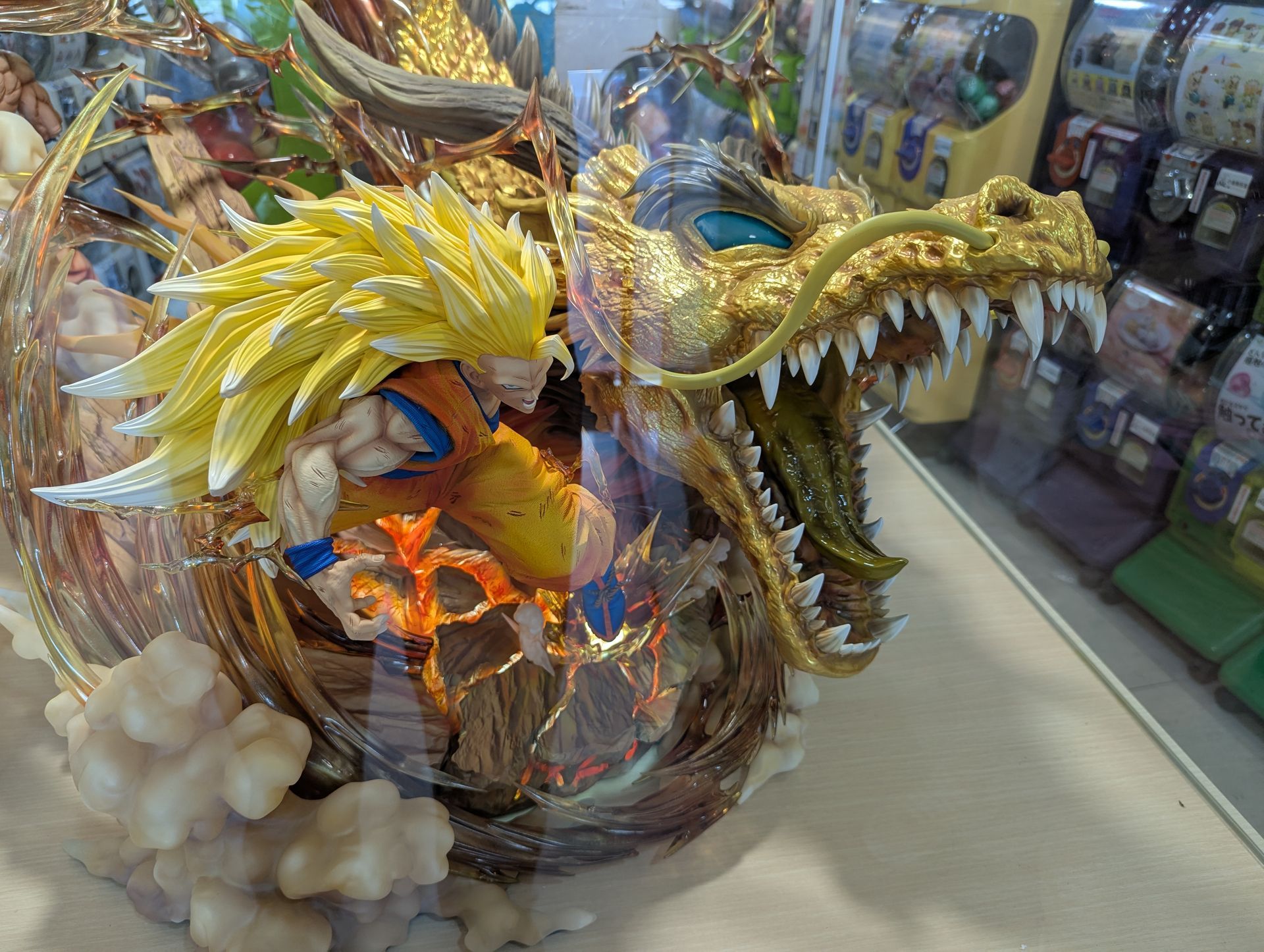Why Do We Work?
The easiest answer would be, we need to work so that we can make money to survive. But, this answer is the result of modern economics. We will do things, we will work, whether we are paid or not. Work is a result and extension of our necessity, curiosity and identity. It can be mental work or physical work. We know each other by what we do. " You will know them by their works."
Beyond " the pursuit of happiness."
In order to pursue happiness effectively a person must solve the necessity of basic needs: food, shelter, education and healthcare. To accomplish this within the societal agreements of our present involves a pact with "for profit" economics. Economics plays a most profound part in every person's life. We cannot make any move without considering, "how much will it cost?"
In the United States we have honed the functions of a Capitalist Economy to their finest edge, warts and all. We have all benefited from "free" markets, but the long term effect is that they enrich only a few; who for many years after the great depression voluntarily or involuntarily (because of an inspired tax structure) considered their workers and enhanced their lives with living wages and healthcare. That all ended with the Ronald Reagan administration. Breaking the Unions, introducing "trickle down economics" and changing the tax structure from very high taxes to the low 30's, stopped the faint motivation that companies had to consider the welfare of workers. Profit became the foremost concern. Consideration of the worker was labeled "socialism" defined as communist fascism, and as a result a very bad word.
So, what do we have now that everything has been swept aside as unimportant, except pursuit of profit at all costs? Worldwide, people are electing dictators. They are looking for change. Unfortunately they will not get the relief from pressures they are feeling in this way. For many, money has become the "root of all happiness," the only way to balance their aspirations. A closer look reveals that change in economic practices is the way to better living.
There is an urgent need to define the value of Humanity. Individual Human works in cooperation make economics possible, make society possible. We are of intrinsic value. For that reason our Human value must be equivalent to the reception of Human Basic Needs Worldwide; food, shelter, education and healthcare. Only a healthy, educated World population can meet the challenges of the future. As has been described in previous letters, Energy Currency, a parallel currency, can pay for all basic needs without inflation or taxes. The result will be Human autonomy, which will propel us all into a future of enhanced stability, curiosity and peace.
Finally, I come to our initial concept, the Human Energy Renewable Measure, HREM. What is it? It is the energy measurement that has been left out of the economic system. It measures input of Human Energy. Energy that is just as important as fossil fuels or other renewable energies that propel economies and societies. Establishment of an HREM measurement will function as a way of understanding and calculating the financing of Energy Currency.
Directors Letter, 11/5/23
Susan Caumont
"The laissez-faire market- centered approach confuses ends and means. Rather than being a source of dignity, work becomes merely a means of production; profit turns into a goal rather than a means of achieving greater goods. From here we can end up subscribing to the tragically mistaken belief that whatever is good for the market is good for society."
Pope Francis, "Let Us Dream, the path to a better future" 2020


